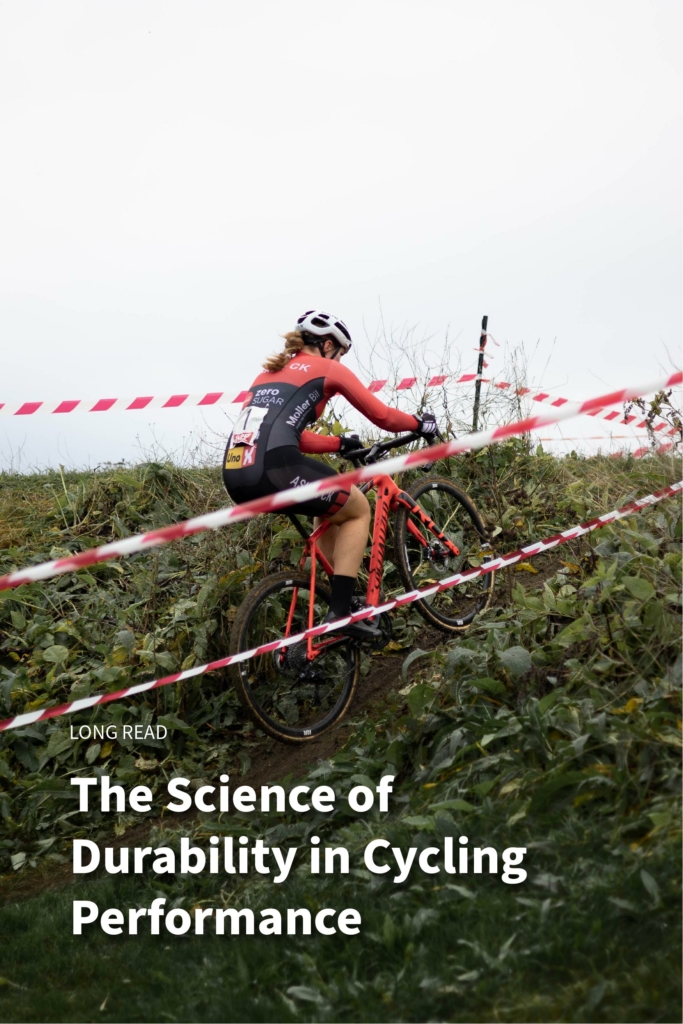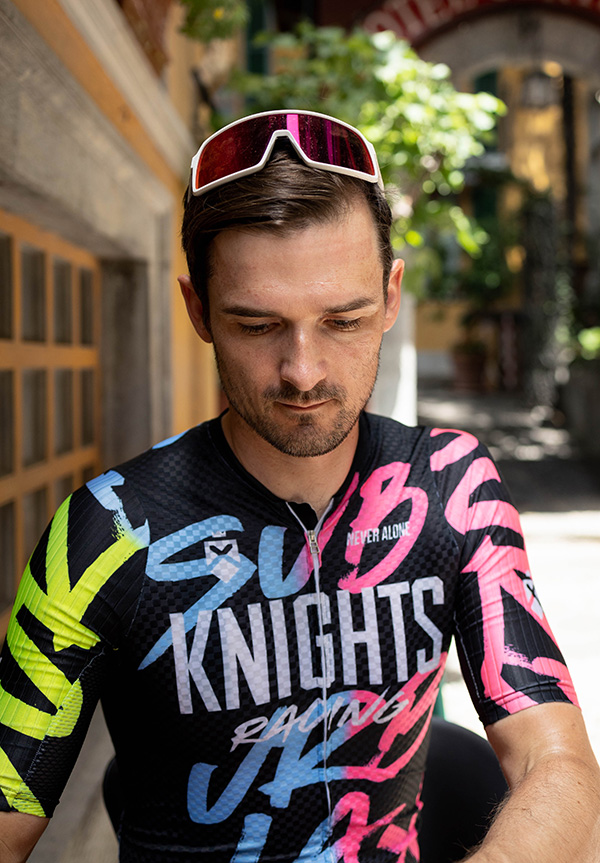passionate crews we work with:

Start here
Below is a brief introduction to some of my most used resources to help you become a faster cyclist.
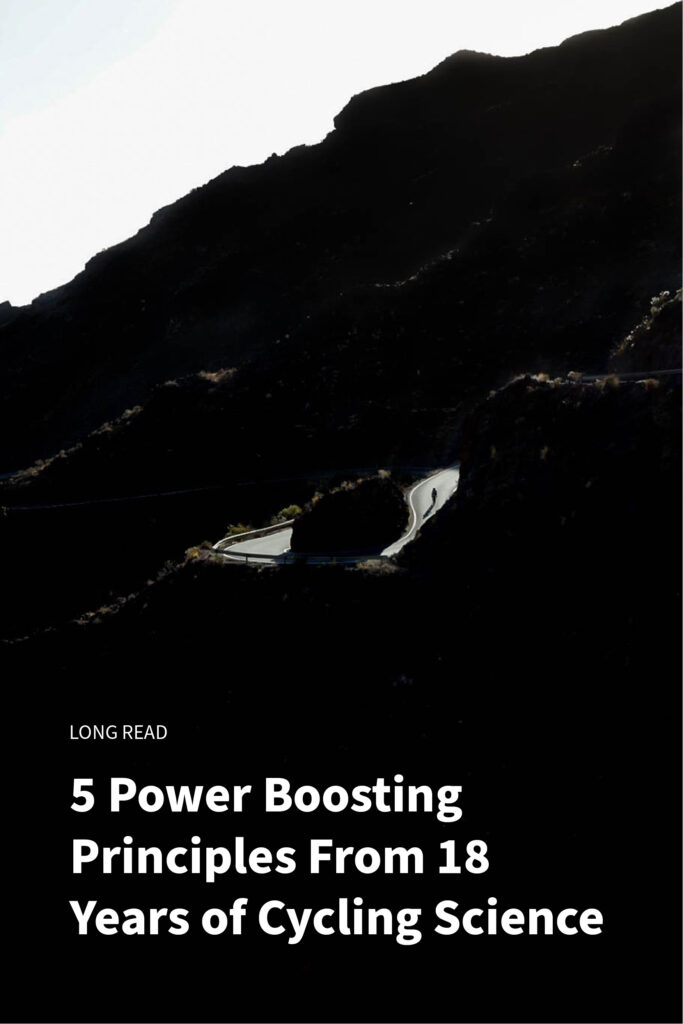
Long-read: 5 Power Boosting Principles From 18 Years of Cycling Science
There are strong arguments for chasing excellence in basic principles before chasing marginal gains.
The Secrets of Cycling Science: Breaking Through Plateaus
Get actionable takeaways on how to beat stagnation, race stronger and boost your cardiorespiratory fitness. Register for my free newsletter to get stronger tomorrow. There is also occasional information about my paid services. However, I take care not to clutter your inbox.
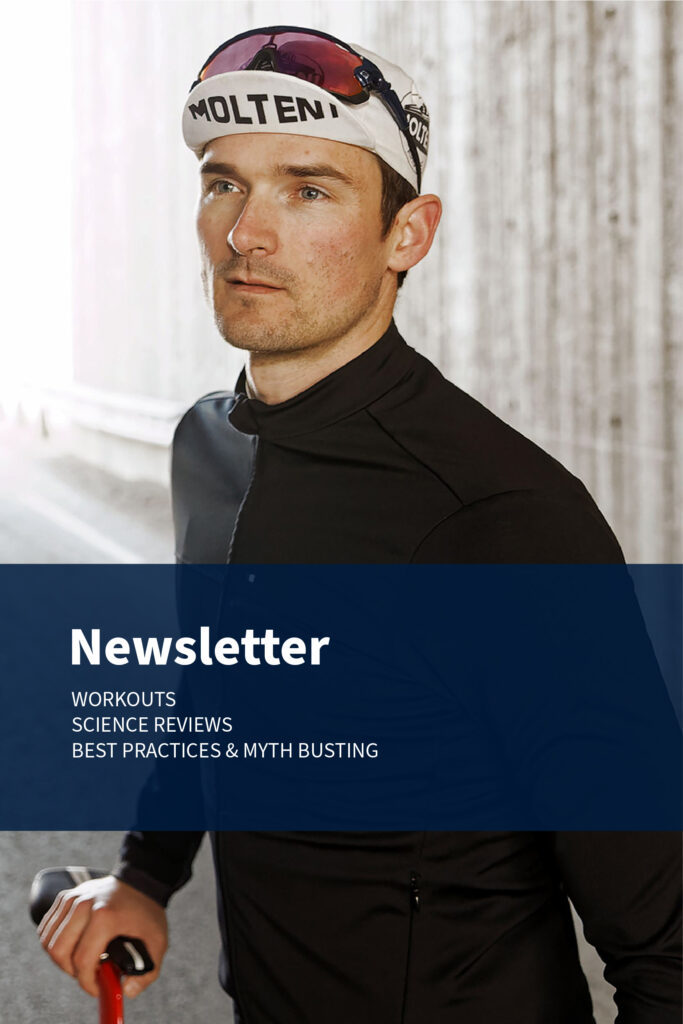
In my opinion you provide some of the best content on cycling that I’ve seen anywhere. You clarify complex science into easy to understand concepts that can then be applied quickly.
– Andrew, newsletter subscriber
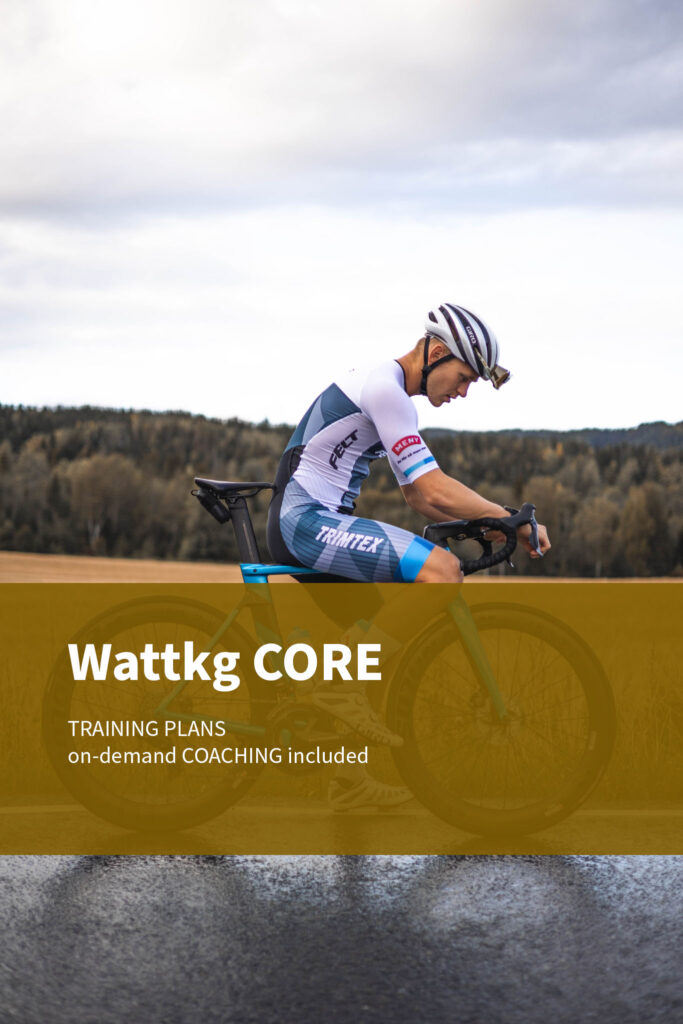
Wattkg Core: Become A Powerhouse Racer
Wattkg Core is my best bang-for-your-buck training ecosystem for the self-sustained cyclist. It is designed to help you implement:
- best-practice training routines
- science-based training plans
- personalized coaching input
…at a fee that won’t break your bank account.
More imperative reading…

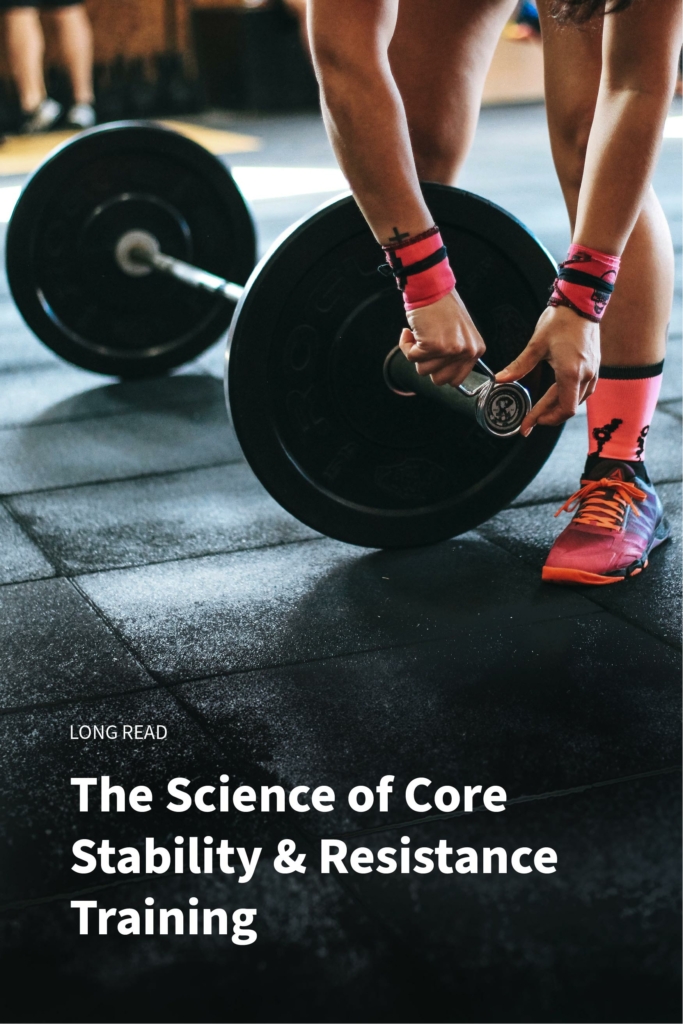
Long-read: Core stability & resistance training in cycling
Strength training and core stability are topics littered with myths and unfounded claims.
This deep dive into the science behind strength training in cycling and endurance sports may help you decide how to best spend your precious training time.
Long-read: The science of durability in cycling performance
Cycling races are typically decided after many hours of riding. More often than not, the victorious rider is the one who has got the most matches left to burn.
This is indeed supported by recent research which suggests durability can be the deciding factor between success and failure. So if performance is decided by how strong you are after hours of riding – why do we keep monitoring performance with tests performed in a rested state?
